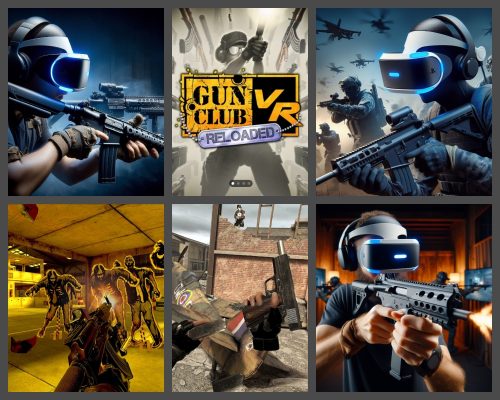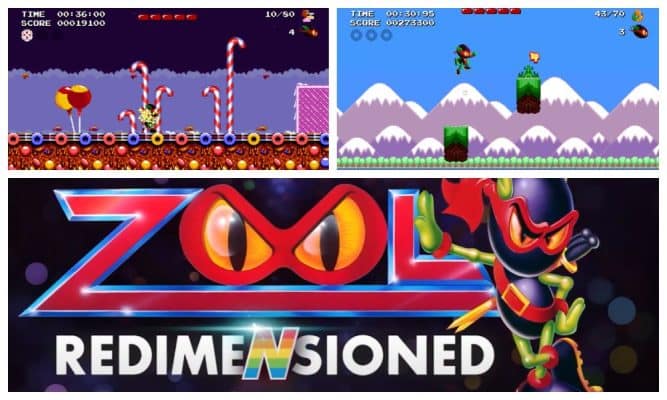My Personal Thoughts on Hellblade: Senua’s Sacrifice

It is not easy to write an article about Hellblade. Actually, this must probably be the most difficult article I’ve ever written for this blog. As Tony said in his post a few months ago, mental health is hard to cover and especially so when I have dealt with it firsthand by myself in both my young and adult life.
Unlike Tony, I only dealt with it fairly recently but this fact didn’t make it any easier on me or my family.
It is not easy when people you love lose contact with reality and it is not easy to explain it to whom is outside of your circle: everyone can see if you have a broken arm, and no one will blame you for certain your behaviors when they can relate them to an obvious discomfort. Mental illness though is subtle and invisible to others, so not only you feel sick, but people will also blame it on you and will not want to have anything to do with you anymore. So, all of the sudden, you are completely lost and alone, in search of a light you might never reach …
So, why did I decide to write about this title, two years after it came out and after Tony already cover it? Well, in the first place the blog never talked about the game plot or its peculiar development process; secondly, I believe a lot of reviews out there were pretty unfair. I tend to think that a lot of reviewers didn’t fully understand what they had in their hands, and scores went mostly from 6.5 to 8. Tony reported that anything less than 10/10 for this game is a flat out denial, and while I absolutely agree with him you won’t find a score at the bottom of this review. My choice will be clear in a while (I hope) and the only thing I can tell you is to grab a copy of this software and play the game by yourself.

Senua (the protagonist) is a Pict warrior affected by severe psychosis. The Picts were an ancient populations that inhabited the lands that we now know as Scotland, and in certain periods of their history fought against the Romans (often winning) and against the Northmen (Vikings, mostly), mostly losing. In the game Senua shares her mental illness with her mother Galena (these things are hereditary) and when her father (the village’s Druid) burns Senua’s mother alive to “cure her of the darkness within”, our young heroine’s mind breaks into pieces. Only the love of Dillion (another warrior form a nearby village) will bring some light in that darkness, but Dillion is soon slaughtered during one of those Northmen’s invasions. Left alone for good, her sanity gone, Senua will embark a long journey to find Dillion’s soul and bring him back to life.
So why is this title so important and so different from many others? For sure is not for its clever puzzles, based on ancient runes you have to spot and align …
… nor it is for its beautiful landscapes (please note that these screenshots are taken from the Nintendo Switch version, which sports a lower definition)…

… or for the simple but efficient and rewarding combat system …
Finally, it’s not even a matter of story plot, based on the complex and fascinating Norse mythology …

Hellblade: Senua’s Sacrifice is a wonderful game for all these reasons and for many, many others. For example, Ninja Theory “consulted world-leading neuroscientists and non-profit organizations like Wellcome Trust to properly capture the experience of psychosis and its devastating effects on the human mind”. Also, as reported online, the devs worked really close with experts like “Professor Paul Fletcher from the University of Cambridge, and writer and psychologist Professor Charles Fernyhough from the University of Durham, an expert on voice hearing”. Finally, Ninja Theory and the team of experts worked with patients affected by psychosis, making them an active part of the development process. This thing alone, in my humble opinion, deserves our utmost respect, in an attempt of “freeing” these souls from the stigma, isolation, and mistreatment that usually comes to them, as I said in the beginning, from the rest of society.
I could tell you another million things about this game, its development process, its story, its gameplay and such, but none of them are really important. What does matter here is that there are a lot of people out there that are lost in the darkness. It is not their fault (it is “just” a different kind of illness) and they didn’t do anything wrong to deserve it. Yet, often the society thinks they did, so these unfortunate souls are lost twice. Don’t be a monster yourself: be the one that brings some light. It could happen to you as well.
THEY.NEED.YOUR.HELP!
Follow Us... Inspire Us To Get Better... Keep The Flame Alive















Thank you for posting this, made everything a bit more special now:).
Keep up the good work Gianluca, most appriciated.
The pleasure is all mine
Very important game which deal with a serious and horrible area of mankind.. Very good G0blin. 🙂